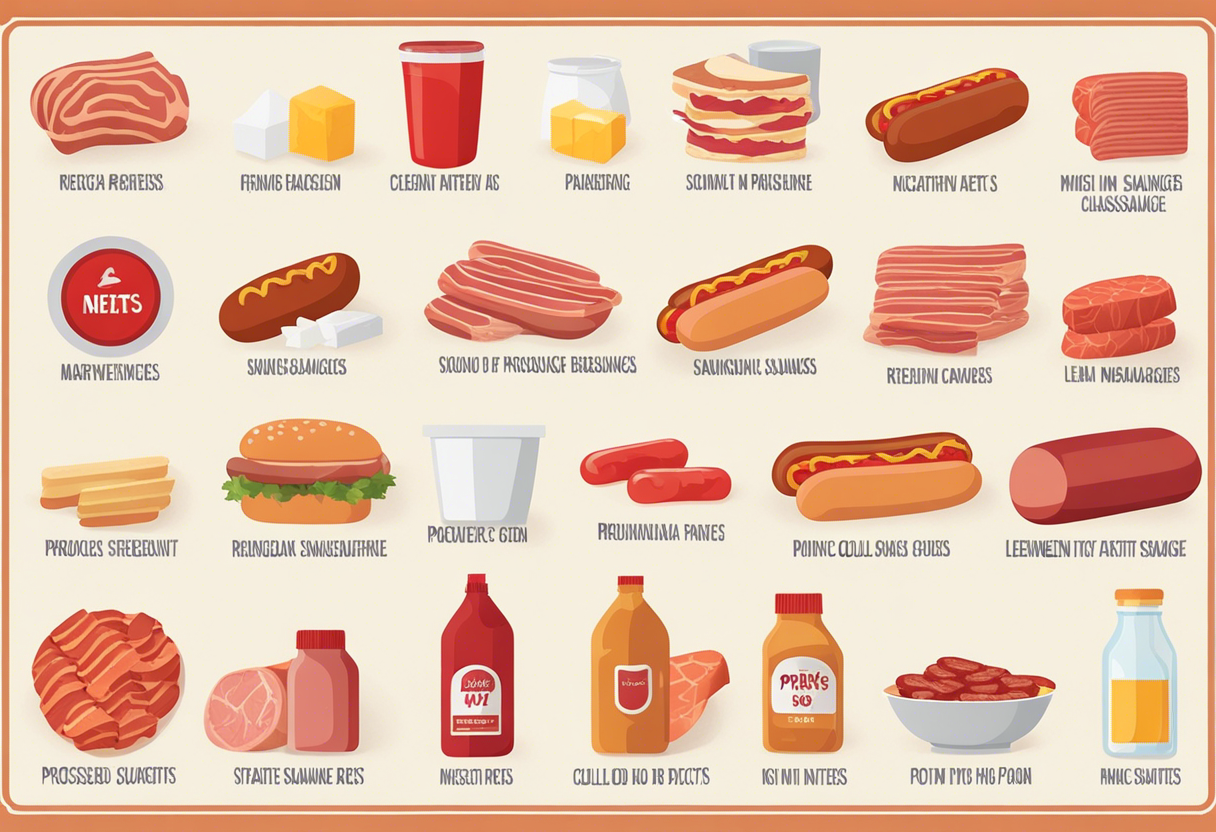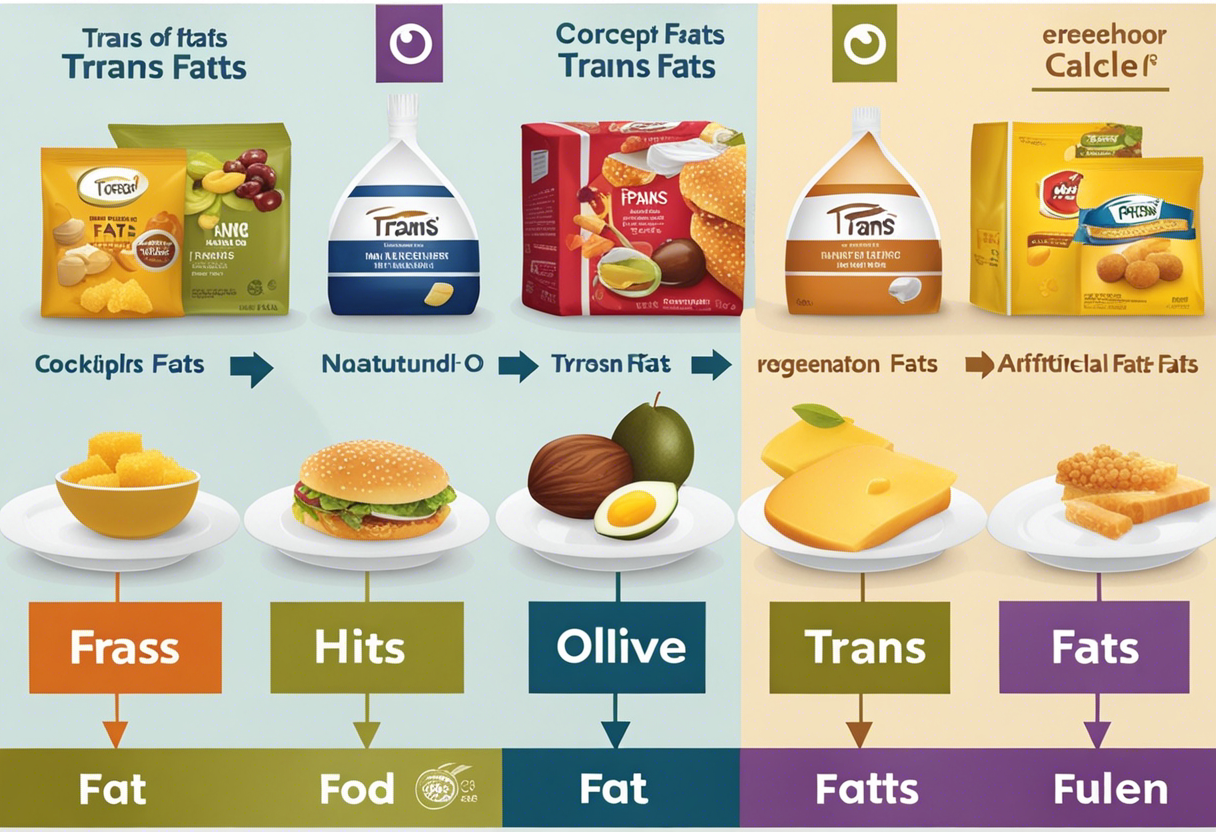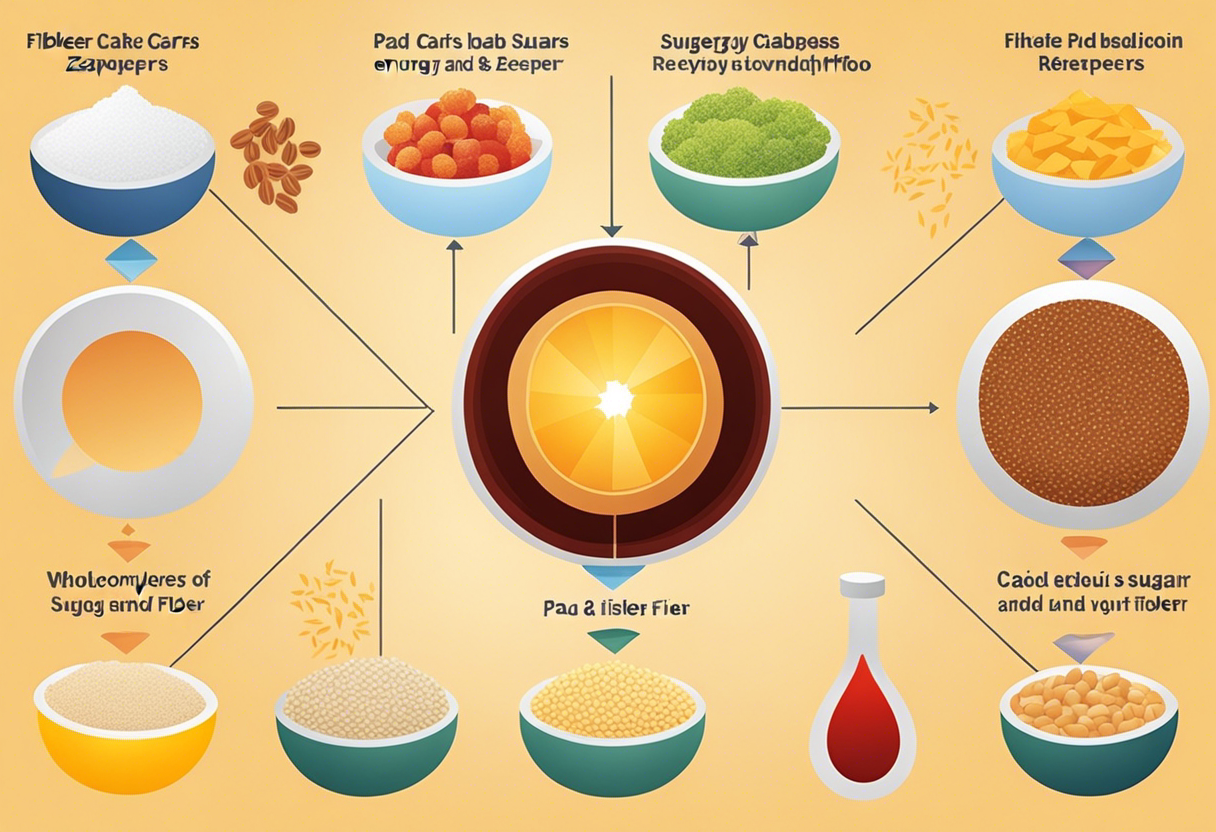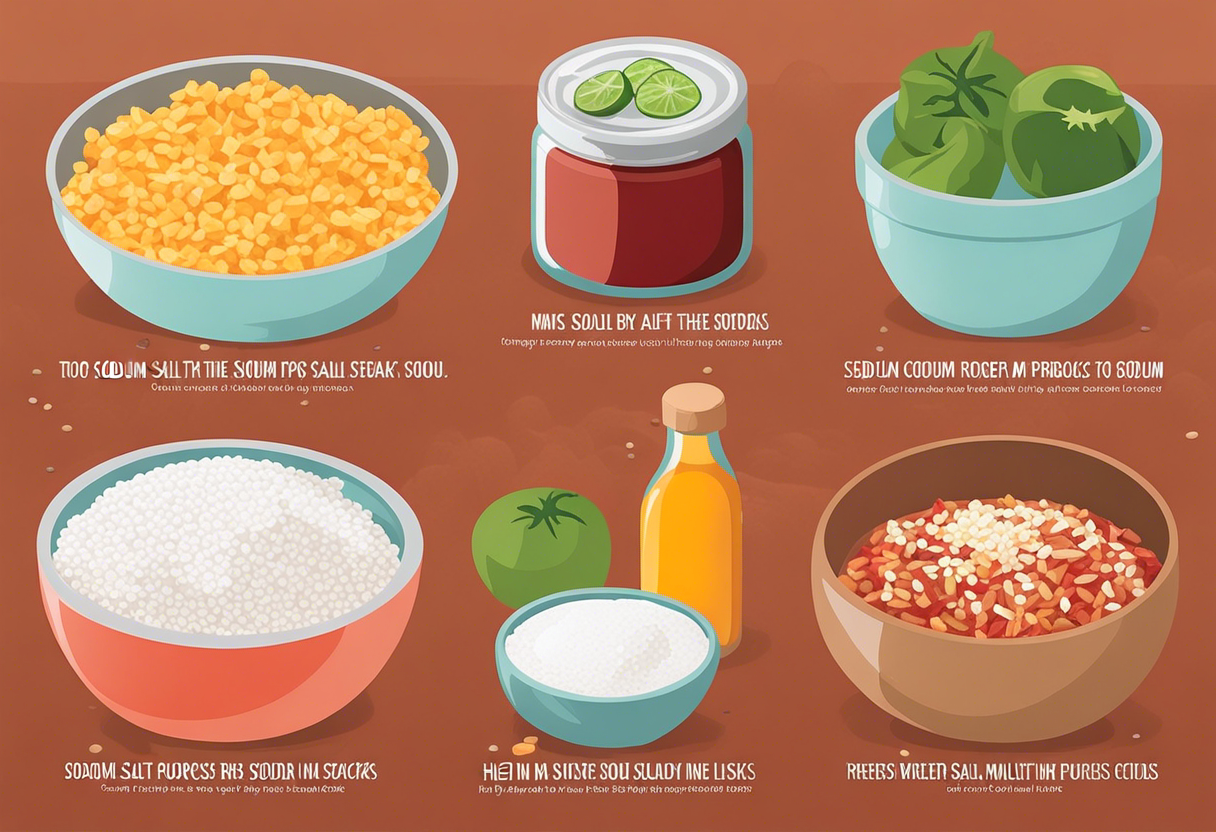Five Foods to Sidestep for a Healthier You
Did you know the average American consumes about 152 pounds of sugar in a year, much of which comes from liquid calories? Sugar-sweetened beverages are a big threat to our health. While they taste amazing, these drinks like soda, fruit juices, and energy drinks are high in calories and low in nutritional value. They are often linked with obesity, diabetes, heart disease, and tooth decay. Even drinks labeled as "low sugar" or "diet" options are harmful as they feature artificial sweeteners contributing to weight gain and poor health. To start a healthier journey, consider replacing these beverages with water or green tea.
Processed Meats: The Convenience that Carries Consequences

Processed meats such as hot dogs, cold cuts, bacon, and sausages have made our lives easier but at a significant drawback. Typically high in saturated fats, calories, and sodium, these foods are often preserved with harmful chemicals, such as nitrates and nitrites, which have been linked with various cancers. The World Health Organization labels them as carcinogens, thus underlining their risk. In the pursuit of healthier choices, switch to lean meats, fish, or plant-based proteins instead.
Trans Fats: The Hidden Hurdle

Trans fats are a form of unsaturated fats, primarily found in artificial forms like partially hydrogenated oils. They're used in a range of food items like baked goods, snacks, fried food, and margarine. These fats increase bad cholesterol levels while lowering good cholesterol, resulting in heart disease risk, inflammation, and stroke. Check food labels for trans fats and opt for foods cooked in healthier oils like olive or canola.
Refined Carbohydrates and Sugars: The Energy Zappers

Products made from white flour and added sugars majorly contribute to the epidemic of obesity and other lifestyle diseases. These include foods like white bread, pastries, pasta, and pastries. Refined carbs have their fiber removed, leading to rapid spikes in blood sugar and insulin levels after meals which drain your energy and promote weight gain. Choosing whole grains and complex carbs that are high in fiber will promote better digestion, keep you satiated, and maintain stable energy levels.
High Sodium Foods: The Sneaky Salt Sources

Too much sodium in the diet is a common but often overlooked issue. It not only elevates blood pressure but also increases the risk for heart disease and stroke. Processed foods, canned soups, fast foods, and salty snacks often contain high levels of sodium. While the body requires sodium to function properly, an excess can lead to water retention and high blood pressure. Opt for fresh, home-prepared dishes which allow for better control over sodium content.
Remember, each person's nutritional needs and tolerances are different, so it is always a good idea to consult a healthcare provider or nutritionist. This list isn't exhaustive but offers a starting point for anyone keen to make health-conscious dietary choices. Remember, moderation is key, and it's okay to enjoy a treat now and again.